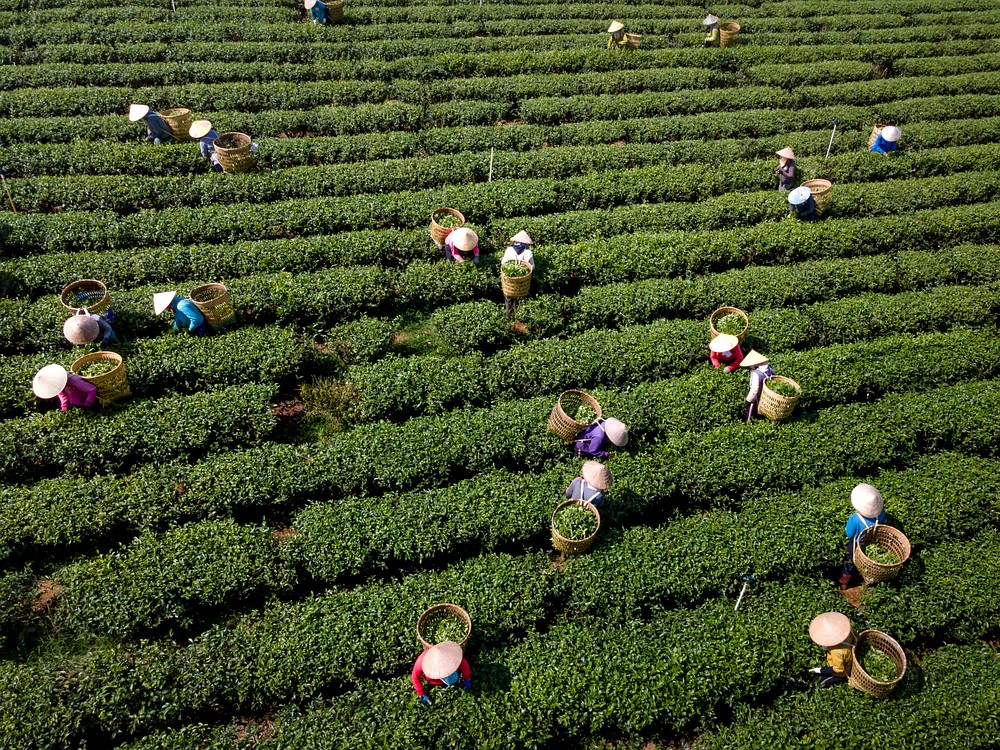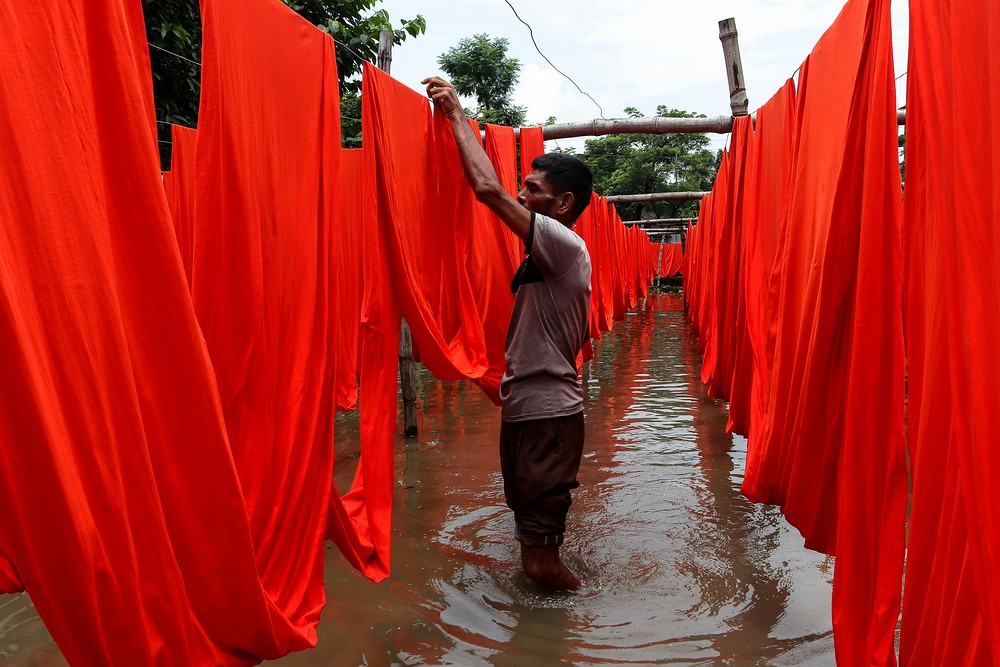Siegelklarheit and development cooperation
Siegelklarheit offers consumers a comprehensive overview of labels from different product groups. These labels are evaluated and compared based on specific criteria in the dimensions of credibility, environmental friendliness and social compatibility. However, Siegelklarheit is not only useful for consumers - the platform can also play a key role in development cooperation and promote social and environmental sustainability along the production chain.
Promotion of fair trade practices
A central aspect of development cooperation is the promotion of fair trade and production conditions. Siegelklarheit sets high standards for the improvement of working conditions in production facilities. Based on in-depth inspection systems, labels can help to ensure that workers are paid fairly and that decent working conditions prevail. The ratings on Siegelklarheit are intended to support consumers in making sustainable and social consumption decisions. This can increase the demand for fairly produced goods, which contributes to sustainable social and ecological development in the producing countries.

Creating transparency and trust
Transparency plays an important role in development cooperation. Siegelklarheit places high demands on the transparency and credibility of the assessed standards and thus strengthens consumer trust in the assessed labels by analysing them in detail. If consumers can be sure that the products they buy comply with environmental and social standards, they are more willing to support and consume them. Transparency therefore not only promotes trust in products from developing countries, but also the credibility of development cooperation as a whole.
Increase in demand for sustainable products
By making targeted consumption decisions, consumers can direct their purchases so that they primarily buy products from sustainable and fair sources. This increased demand for ecologically and ethically produced goods can contribute to the success of development projects. Higher sales figures and a stable market for credibly sustainable products can contribute to better income conditions for producers in developing countries and promote their long-term economic stability.

Training and education
Another important contribution of Siegelklarheit to development cooperation is the training and sensitisation of people in the production facilities. The criteria grid used by Siegelklarheit to assess standards includes criteria on health and safety training for producers. Training content could include, for example, the implementation of safe working practices, the handling of hazardous substances and the importance of living wages, thus promoting social and ethical working conditions.
Siegelklarheit and fair supply chains
Credible social and environmental labels play a crucial role in ensuring fair supply chains. They offer consumers guidance and transparency by checking entire supply chains for ethical and fair working conditions in accordance with their standards and testing systems. Certified companies can thus help to ensure that labour rights are respected and fair wages are paid. The standard rating on Siegelklarheit helps consumers identify to make consumption decisions of companies that assume social and environmental responsibility along the supply chain.


